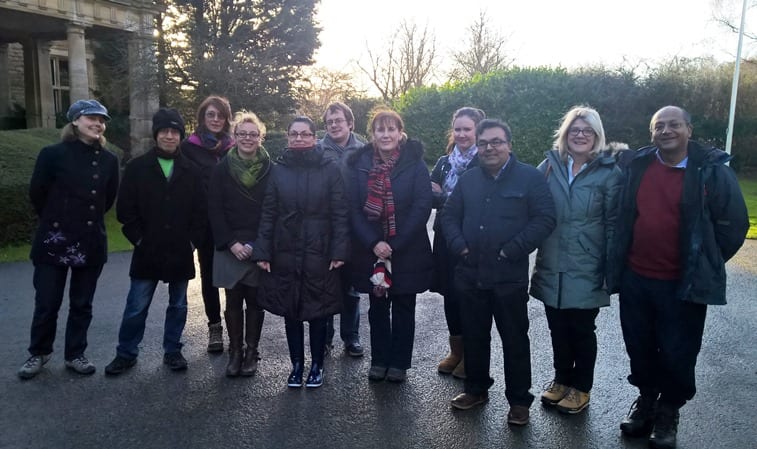CaHRU team reflects on past and plans future

The CaHRU team spent a December awayday at Lincolnshire’s Branston Hall, reflecting on past and ongoing work, discussing current challenges and exploring future opportunities for the research centre. Over the past year the centre has continued to build on its Continue reading CaHRU team reflects on past and plans future

